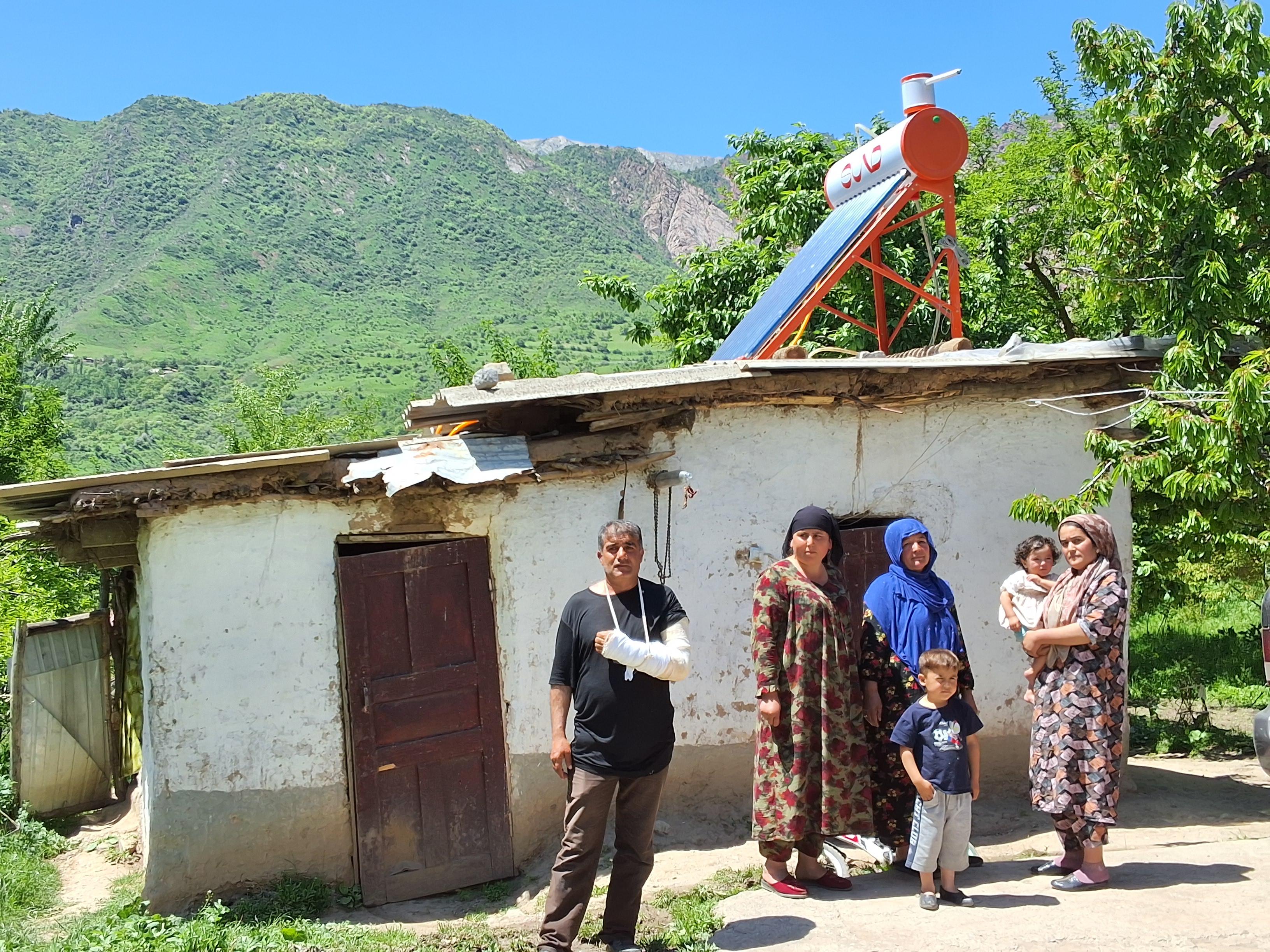Conservation and sustainable management of critically endangered plant biodiversity in Dashti Jum Shamsiddin Shohin District of the Kulob region of Tajikistan
This project aims to conserve and promote economically important and endangered fruit tree species through ex-situ conservation (outside their natural habitats) and in-situ conservation (within their natural habitats), aligning with Tajikistan’s Biodiversity Action Plan.
The primary goal of the project is to reduce poverty through the conservation and sustainable management of endangered fruit tree biodiversity in the Dashti Jum sub-district of Shamsiddin Shoin district of the Kulob Region.
The project has two main objectives:
- Conservation and sustainable management of endangered and economically important wild fruit tree species in the project area.
- Reduction of poverty and improvement of livelihoods for the local community.
Project Duration: 23 October 2023 - 31 October 2025
The project is implemented by MSRI in partnership with Kulob Botanical Garden (KBG) Kulob, Khatlon region, Environmental Protection Committee Shorobad district, Khatlon region, and Forest Agency Shorobad, Khatlon region. The project is funded by Swiss Agency for Development and Cooperation (SDC).
Project Activities:
- Community-based conservation plans implemented by robust Village Conservation Committees (VCCs):
Awareness workshops engaged over 230 participants from 18 villages; seven VCCs were formed with gender balance and trained in biodiversity conservation. These committees received tools and materials, and community-based conservation plans will be developed by June 2025. Leaflets on endangered species are being prepared for local dissemination.
- Status of endangered and threatened plant biodiversity improved (in-situ conservation) and seeds preserved in gene bank/Botanical Garden (ex-situ conservation):
Biodiversity hotspots were mapped; 300 hectares of degraded land were rehabilitated with soil conservation measures. A nursery and demo plot for endangered plants were established at the Kulob Botanical Garden. Joint expeditions collected seeds of wild endangered species, and necessary equipment was provided for ex-situ conservation activities. Fruit trees plantation was carried out in 10 villages. Four days training on conservation and sustainable management of environmental resources provided to 7 village conservation committees (VCCs) encompassing 18 villages of Dashti Jum.
- Alternative livelihood opportunities created at the local level to reduce community dependency on environmental resources:
Ten women-led tree nurseries were launched, and 35 low-income households received fuel-efficient stoves. Seventy families were equipped with solar water heaters, and 30 received solar fruit and vegetable dryers. Ten village woodlots were established, 46 beehives were distributed among 40 families, and women farmers were trained in beekeeping, processing, and marketing.


